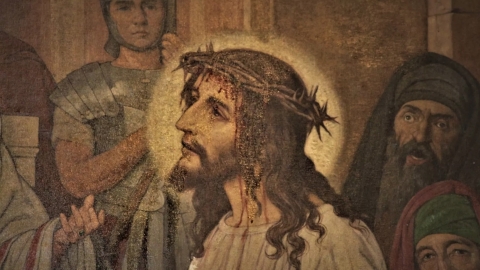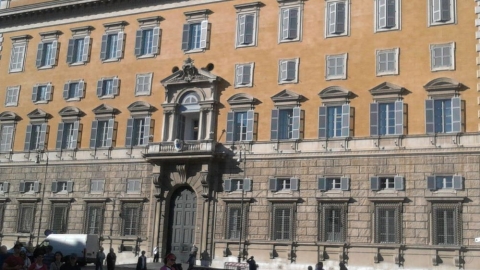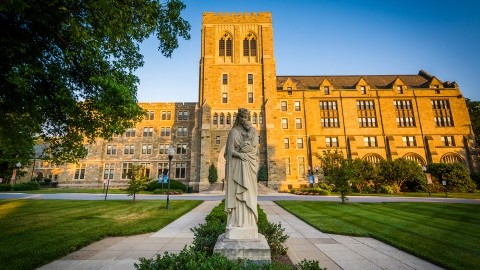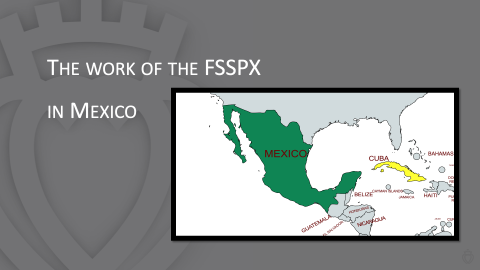Do SSPX priests have jurisdiction?

Watch our new FAQ video to learn how SSPX priests receive supplied jurisdiction for administering the sacraments.
Our newest FAQ video, Episode 13, answers the question: "Do priests of the SSPX have jurisdiction?"
The Society of St. Pius X is often accused of lacking proper faculties for its priests to exercise a priestly ministry and even of having invalid sacraments (e.g., confession and marriage). However, as explained in the video, while the priests of the SSPX do not receive jurisdiction through the normal means of the hierarchy (e.g., the diocesan bishops), they can rely on supplied jurisdiction directly from the Church to provide the sacraments for the salvation of souls.
The justification for this supplied jurisdiction stems from the state of necessity caused by the post-conciliar crisis that is afflicting the Catholic Church. The gravity of this crisis justifies and even requires traditional priests to fulfill their ministry without having recourse to ordinary jurisdiction.
Every member of the Church has the right to receive the sacraments necessary for their salvation—a spiritual right that is embodied in the Code of Canon Law itself, which declares that the supreme law is the salvation of souls.
But if the hierarchy does not fulfill its duty, the faithful find themselves in a state of necessity which allows them to have recourse to any Catholic priest. In consequence of this state of necessity, such a priest receives directly from the Church what is called supplied jurisdiction in order to minister to the faithful.
Watch our new FAQ video to learn more about the topic of supplied jurisdiction and how it is applied to the priests of the Society of St. Pius X. See our resource page for an extensive list of sidebar media on related topics.





